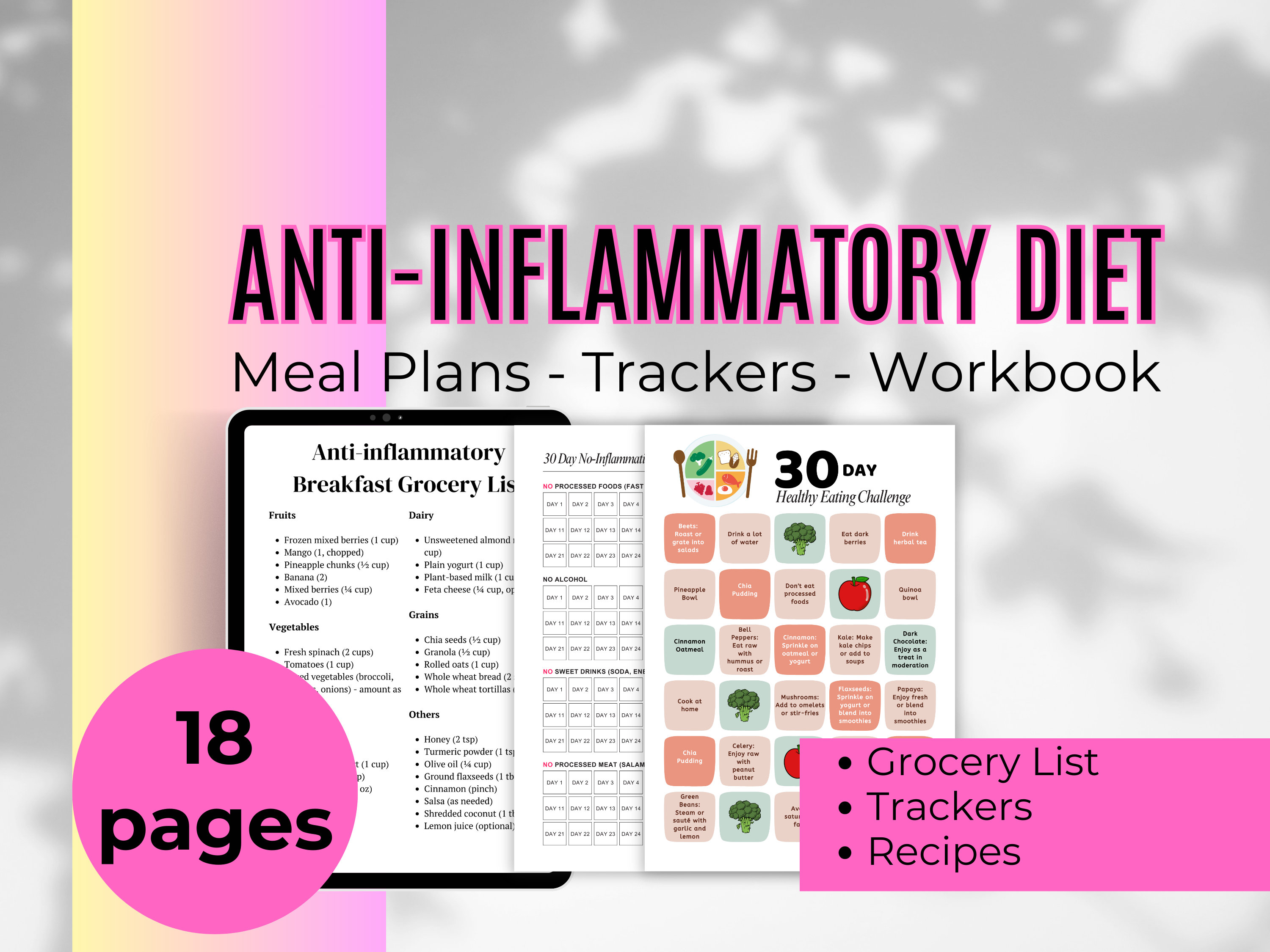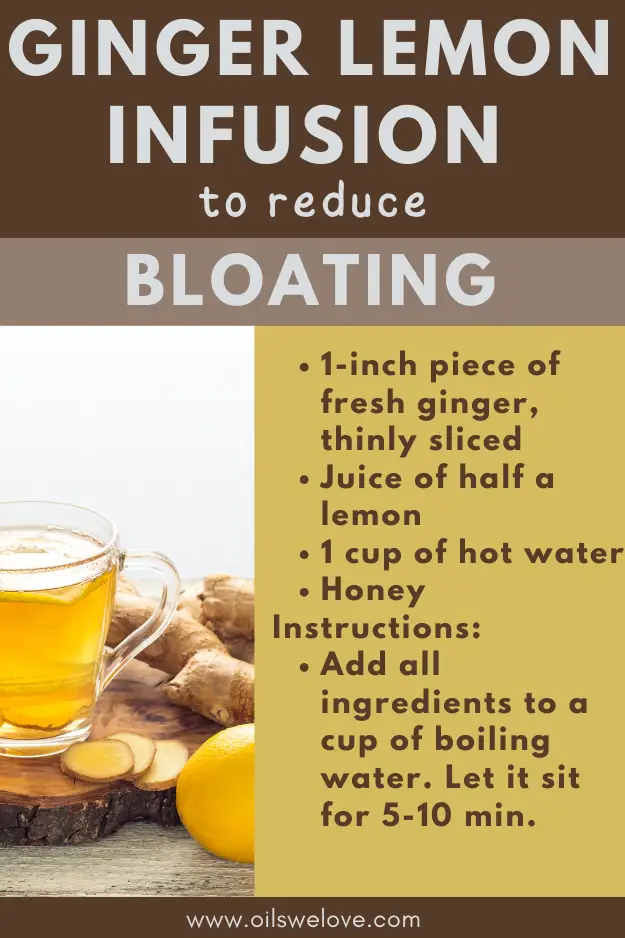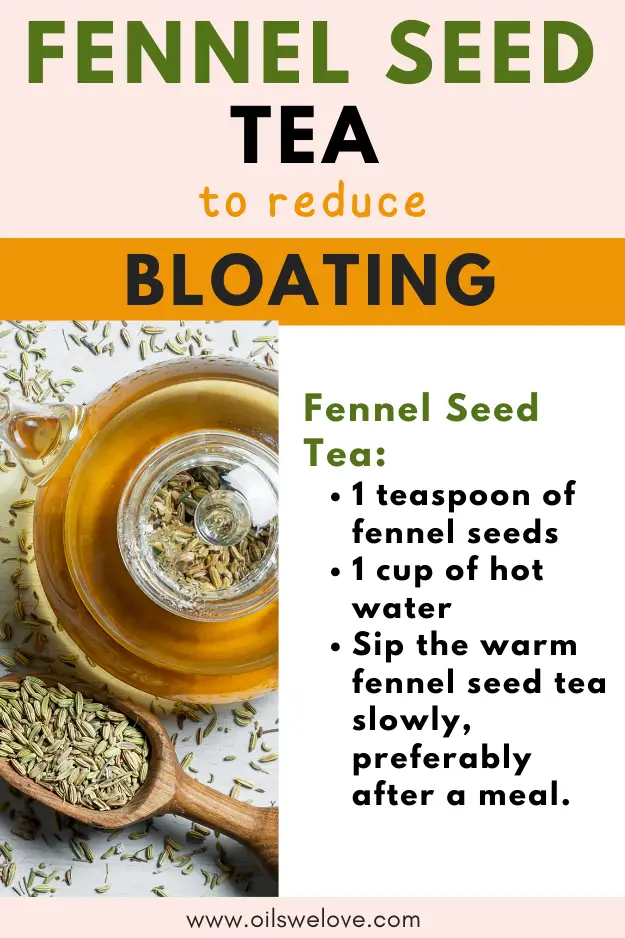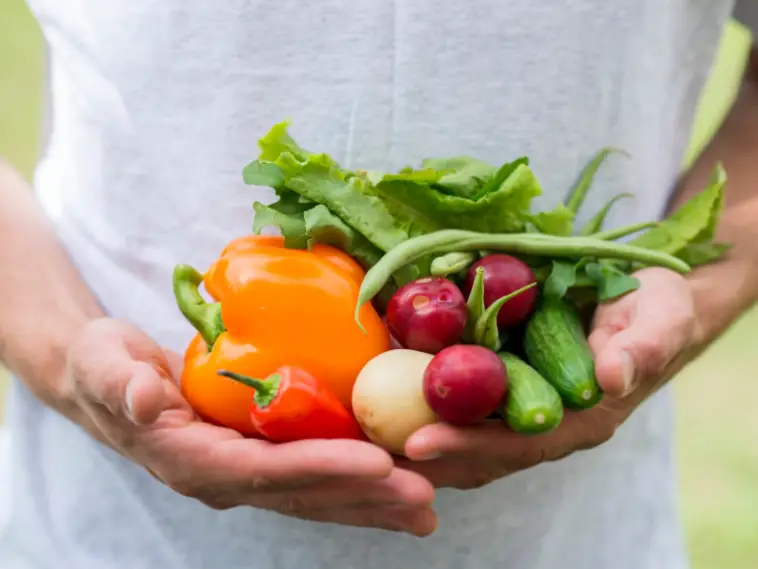Feeling bloated can be uncomfortable and leave you feeling sluggish, but did you know that certain foods can help alleviate bloating and make you feel your best? In this article, we will explore the causes and symptoms of bloating, the role of diet in managing bloating, and seven anti-bloating foods that you should include in your diet. So, let’s dive in and discover how these foods can provide relief and promote a healthy digestive system.
Understanding Bloating: Causes and Symptoms
Bloating is a condition that many people experience at some point in their lives. It is characterized by a feeling of fullness, tightness, or swelling in the abdominal area. This uncomfortable sensation can range from mild to severe and may be accompanied by other symptoms such as excessive gas, belching, and a visibly distended abdomen.
There are several common causes of bloating that can be attributed to various factors. One of the most common causes is overeating or eating too quickly. When we eat large amounts of food in a short period of time, our stomachs become overly full, leading to a feeling of bloating.

- 2-Week anti-inflammatory meal plan.
- 45 Foods that Cause Inflammation
- 31 Things to Avoid on Food Labels
- Grocery Lists. Challenges. Symptoms Tracker
In addition to overeating, consuming gas-producing foods can also contribute to bloating. Foods such as beans, lentils, and carbonated drinks can cause excess gas to build up in the digestive system, leading to bloating and discomfort.
Food intolerances or sensitivities can also be a culprit behind bloating. Many people have sensitivities to certain foods, such as lactose or gluten, which can cause digestive disturbances and bloating. Identifying and avoiding these trigger foods can help alleviate symptoms.
Another common cause of bloating is swallowing air while eating or drinking. This can happen when we eat too quickly, chew gum, or drink through a straw. The swallowed air can accumulate in the digestive system, leading to bloating and discomfort.
If you experience severe or persistent bloating, it is important to consult with a healthcare professional to rule out any underlying medical conditions. While bloating is often a benign condition, it can sometimes be a sign of an underlying issue such as irritable bowel syndrome (IBS), inflammatory bowel disease (IBD), or even ovarian cancer. A healthcare professional can help determine the cause of your bloating and recommend appropriate treatment.
In conclusion, bloating is a common digestive issue that can be caused by a variety of factors. Understanding the causes and symptoms of bloating can help you better manage and alleviate this uncomfortable condition. By making dietary and lifestyle changes, as well as seeking medical advice when necessary, you can find relief from bloating and improve your overall digestive health.
The Role of Diet in Managing Bloating
How Food Affects Bloating
The food we eat plays a significant role in bloating. Certain foods can cause or exacerbate bloating, while others can help alleviate it. By understanding how different foods affect your body, you can make choices that support a healthy digestive system and reduce bloating.
One of the main culprits of bloating is excessive consumption of gas-producing foods. These include beans, lentils, broccoli, cabbage, onions, and carbonated drinks. When these foods are broken down in the digestive system, they release gases like methane and hydrogen, leading to bloating and discomfort.
On the other hand, there are foods that can actually help reduce bloating. Ginger, for example, has been used for centuries as a natural remedy for digestive issues, including bloating. Its anti-inflammatory properties can soothe the digestive system and alleviate bloating symptoms. Similarly, peppermint has been shown to relax the muscles of the gastrointestinal tract, reducing bloating and improving digestion.
The Importance of a Balanced Diet
A balanced diet, rich in nutrients, is essential for maintaining a healthy digestive system and reducing bloating. It is important to include a variety of fruits, vegetables, whole grains, lean proteins, and healthy fats in your diet.
Fruits and vegetables are particularly beneficial for reducing bloating due to their high fiber content. Fiber helps regulate bowel movements and prevents constipation, which can contribute to bloating. Opt for fruits like berries, kiwis, and oranges, which are low in fructose and less likely to cause bloating in individuals with fructose intolerance.
Whole grains, such as quinoa, brown rice, and oats, are also excellent choices for a bloating-free diet. They provide a good source of fiber and promote regularity in the digestive system, reducing the likelihood of bloating.
Lean proteins, such as chicken, turkey, fish, and tofu, are essential for muscle repair and growth. Including them in your diet can help maintain a healthy weight and prevent bloating caused by overeating or consuming excessive amounts of fatty foods.
Healthy fats, like avocados, nuts, and olive oil, are important for overall health and can also aid in reducing bloating. These fats help lubricate the digestive system, allowing food to move through more easily and preventing the build-up of gas.
Additionally, drinking an adequate amount of water and staying hydrated can help prevent bloating caused by fluid retention. When the body is dehydrated, it tends to retain water, leading to bloating and discomfort. Aim to drink at least 8 glasses of water per day and avoid excessive consumption of sugary or carbonated beverages, which can contribute to bloating.
In conclusion, making mindful choices about the foods we eat is crucial for managing bloating. By incorporating a balanced diet rich in fruits, vegetables, whole grains, lean proteins, and healthy fats, while also staying hydrated, we can support a healthy digestive system and minimize bloating. Remember to listen to your body and make adjustments to your diet as needed to find what works best for you.
7 Anti-Bloating Foods You Should Include in Your Diet
1. Cucumbers: A Hydrating Solution
Cucumbers are not only refreshing, but they also have high water content, making them an excellent choice for reducing bloating caused by water retention. They are low in calories and rich in vitamins and minerals, including vitamin K and potassium, which help regulate fluid balance in the body.
2. Bananas: A Potassium Powerhouse
Rich in potassium, bananas can help regulate fluid balance in the body and reduce bloating caused by excess sodium. Potassium helps counteract the effects of sodium, which can lead to water retention and bloating. Bananas are also a good source of dietary fiber, which aids in digestion.
3. Ginger: A Natural Anti-Inflammatory
Ginger has long been used as a natural remedy for digestive issues, including bloating. It contains compounds that help reduce inflammation in the digestive system, promoting smooth digestion. Ginger can be consumed as a tea or added to meals for its anti-bloating benefits.

4. Yogurt: A Probiotic Provider
Yogurt is a great source of probiotics, which are beneficial bacteria that promote a healthy gut. Probiotics help improve digestion and reduce bloating by maintaining a healthy balance of bacteria in the gut. When choosing yogurt, opt for plain, unsweetened varieties to avoid added sugars that can contribute to bloating.
5. Papaya: A Digestive Aid
Papaya contains an enzyme called papain, which aids in digestion by breaking down proteins. This can help prevent bloating and promote more efficient digestion. Additionally, papaya is rich in fiber and water, both of which contribute to a healthy digestive system.
6. Asparagus: A Diuretic Delight
Asparagus is a natural diuretic, meaning it helps flush excess water from the body. This can reduce bloating caused by fluid retention. Asparagus also contains prebiotic fibers that support a healthy gut microbiome, further aiding digestion.
7. Fennel Seeds: A Gas Reliever
Fennel seeds have long been used as a natural remedy for bloating and gas. They contain compounds that help relax the muscles in the digestive tract, reducing gas and bloating. Chewing on fennel seeds or drinking fennel tea can provide relief from bloating.

Incorporating these seven anti-bloating foods into your diet can help alleviate bloating and promote a healthy digestive system. Remember, everyone’s body is unique, so it may take some experimentation to find which foods work best for you. Listening to your body and making conscious choices about the foods you consume can go a long way in helping you feel your best and banishing bloating for good.





